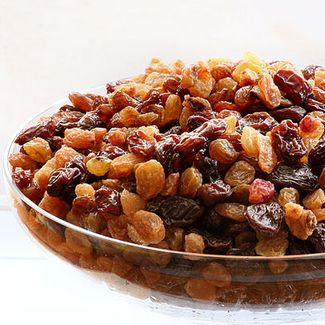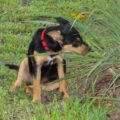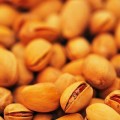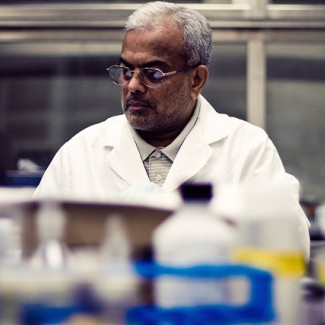
Meats and Meat Products
- Raw meat – may contain dangerous bacteria that can cause diarrhea and vomiting
- Fish – any kind of fish in high volumes can cause a thiamine (a B vitamin) deficiency which can lead to seizures and in some cases cause death
- Bones – they can easily splinter causing lacerations within your dog’s digestive system
- Raw Eggs – decreases the absorption of biotin (a B vitamin) causing skin conditions and hair problems
- Fat products – causes pancreatitis
Fruits and Vegetables
- Avocado – all parts of the avocado plant contain persin which causes digestive problems
- Grapes and raisins – they contain an unidentified toxin known to cause kidney problems
- Mushrooms – contains many toxins that are to strong for the dog’s system and leads to many possible internal problems which can cause death
- Onions and garlic – contain sulfides and disulfides which can lead to anemia
- Peaches and plums – the pits can cause blockage within the digestive system
The Fun Stuff
- Chocolate and other caffeine products – cause heart and nervous system problems which can lead to death
- Alcohol – dogs do get drunk, but the effects are amplified and can easily put a dog in a coma or cause death
- Macadamia nuts – causes problems for the muscles and nervous system due to unknown toxins
- Marijuana – causes problems for the heart and nervous system
- Sugar products – just like in humans, these products can cause weight gain, dental issues and might lead to diabetes which is more common in dogs than most people realize
- Table scraps – the scraps most likely contain many of the items mention above and should be avoided due to the uncertainty of what the dog is actually ingesting
The best course of action is to stick with what has proven to work over many decades, good ole dog food. Much research has gone into developing products that offer a balanced, nutritional diet for your dog. While it may not look appetizing to a human, most dogs seem to enjoy the tastes provided by many of the available flavors. If you are compelled to feed your dog from the table, it would be best to stick with well cooked meats, but do so in moderation.
A dog’s digestive system is much different from that of a human. Their tolerance to certain ingredients and toxins is much lower and can create many of the health issues mentioned above. It is very easy to get caught up in seeing you beloved dog as a human, but they are not. For the sake of your pet, you should take the time to understand the effects of the various foods you might offer and consult with your veterinarian about which foods are appropriate for your dog.











